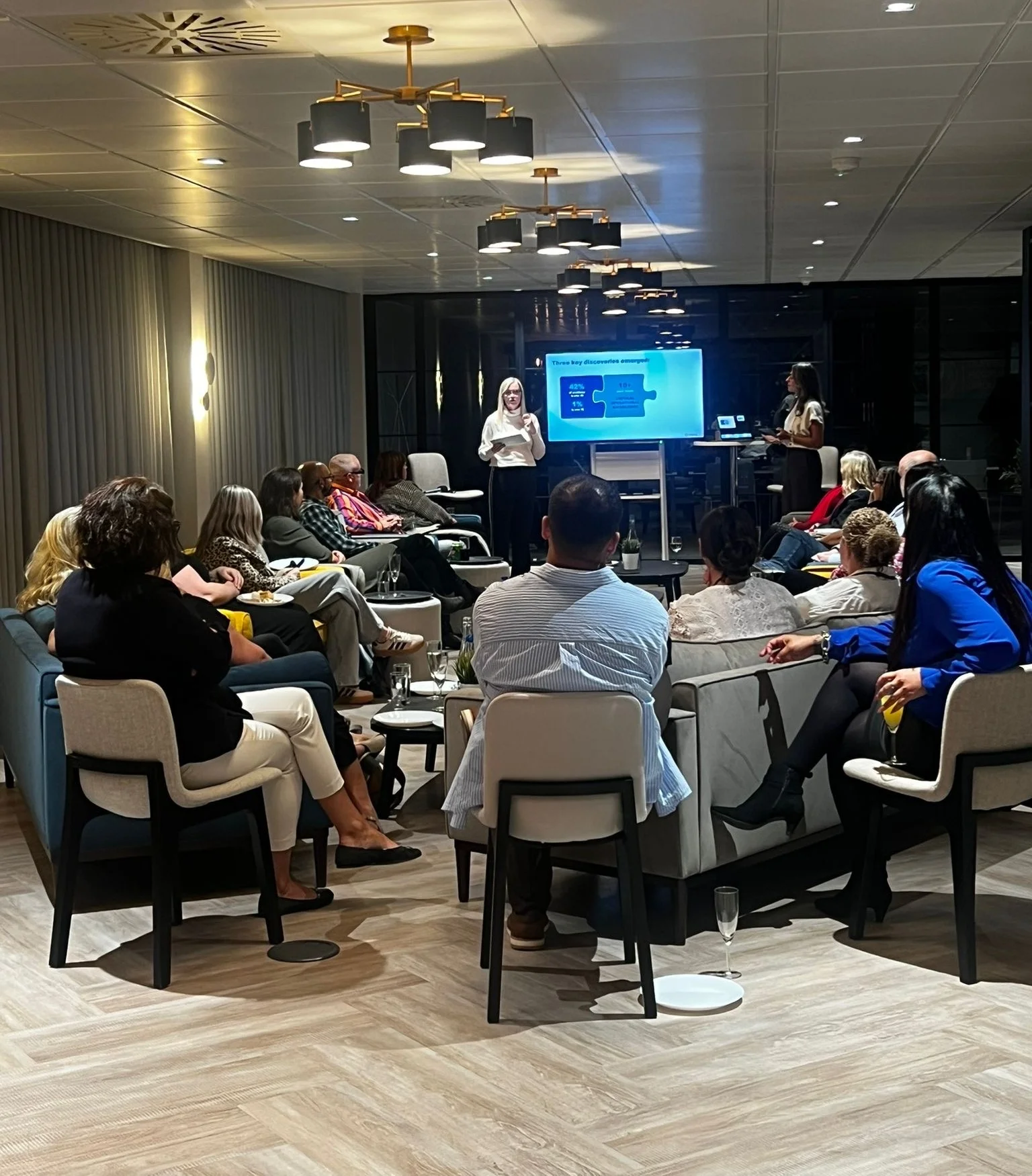
Learning how to handle negative feedback at work can hold the key to your professional development. Not only does it give you the chance to hone your craft and learn new skills, responding positively to constructive criticism is also a great way to showcase your active listening skills and demonstrate a growth mindset. In fact, research shows that employees who receive regular feedback at work often outperform those who don’t, and that it can even lead to higher levels of workplace engagement and satisfaction.
Constructive Vs Destructive Criticism: What’s The Difference?
Constructive criticism is feedback that is aimed at helping an individual improve and grow. It focuses on providing specific suggestions, highlighting areas of improvement, and offering guidance for better performance. For example, let's say you're working on a presentation when a colleague points out that your slides lack clarity and suggests specific ways to enhance them. They might give you tips on structuring the content, using visuals effectively, and engaging the audience. This feedback helps you improve your presentation skills and achieve better results.
Destructive criticism, on the other hand, is feedback that is unhelpful, negative, or harmful. It often focuses on personal attacks, belittlement, or undermining the individual's confidence rather than offering constructive suggestions for improvement. For example, imagine you submit a report to your manager, and they respond by making negative comments about your work without providing any specific guidance for improvement. They might use harsh language, criticise your intelligence or competence, and fail to offer any constructive solutions. This kind of feedback can be demoralising, erode your self-esteem, and can certainly hinder your professional development.
If you’re often receiving destructive criticism, this is a pretty good sign you might be in a toxic workplace. Feedback at work should be helpful, never personal, and always be aimed at empowering you to learn and grow as a professional. If you find yourself disillusioned with the amount of destructive criticism you’re receiving at work, it’s probably time to find a new role!
6 Steps To Responding To Negative Feedback At Work
Don’t react straightaway
If you’re someone who tends to take criticism personally or is more on the sensitive side, you might become defensive or upset when given feedback about your work performance. Worse still, you might want to start arguing or making excuses. Instead, it’s best to simply thank your manager or co-worker for their feedback, and let them know you’ll get back to them once you’ve collected your thoughts. This way, you can stay calm, consider the feedback objectively, and have a constructive conversation later down the line.
Get as much detail as possible
Simply being told you should have tried harder on a project or that your attention to detail needs to improve isn’t helpful feedback on its own. It also won’t help your colleague or manager see the changes they’ll be expecting to see. If anything’s unclear, ask questions to shed light on what specifically you can do to fix the issue or improve your performance. For example, you could ask questions such as:
"Could you provide me with specific examples of when my attention to detail was lacking?"
"In what areas of the project do you think I should have put in more effort?"
"Can you explain further what you mean by 'improve my performance'?"
Remember, the more specific and detailed the feedback, the better equipped you'll be to make targeted improvements and meet the expectations of your colleagues or managers.
Be appreciative
Constructive feedback is a gift that can hold the key to professional improvement. It shows that the other person is invested in your career and wants you to improve. It signifies that they value your contributions within the company, and are rooting for you to reach new heights of success. When someone takes the time to offer constructive criticism that will help build your professional skillset, be sure to say thank you.
Don’t be afraid to ask for extra help
Sometimes you might receive feedback on a project you’ve worked on to the best of your abilities, but your efforts have still fallen short. In these cases, it may be that you simply need a bit of extra help or training. If you’re not sure how to implement the feedback you’re given, ask your manager if there’s any extra training you can receive, or if you could sit with a colleague for the day who’s more adept at the task in hand than you. After all, you can’t improve if you don’t have the right tools!

Seek feedback proactively
Don't wait for feedback to come to you passively - take the initiative to ask for feedback regularly from your colleagues, supervisors, or mentors. This is a great way to show your commitment to self-improvement and willingness to learn. Asking for feedback regularly also allows you to address any potential issues or challenges early on, helping you stay on track and continuously enhance your skills and performance.
Move on
It’s instinctively hard not to take any form of criticism to heart and to dwell on it afterwards, so it’s natural to feel disheartened for a day or two. Remember, though – it’s professional, not personal. Receiving negative feedback at work is an experience everyone goes through, and shouldn’t be anything to be overly worried about. Listen to the explanation for it, take it on board, implement actions to improve, and resolve to do better next time.
On the search for a new role? We've hundreds of positions available in industries such as accountancy, human resources, marketing and digital, IT, and many more. Alternatively, you can search all our positions here, or register with us.



